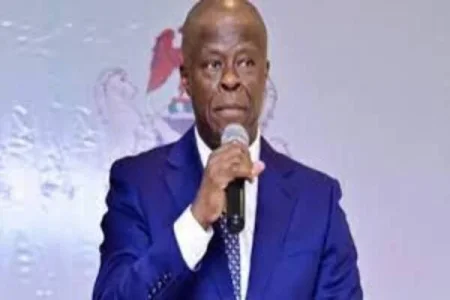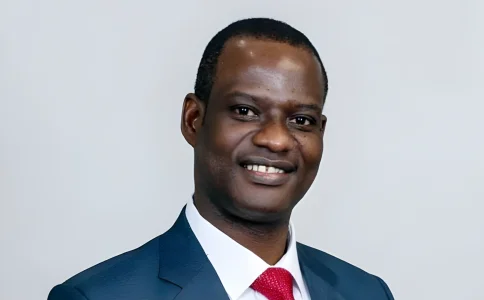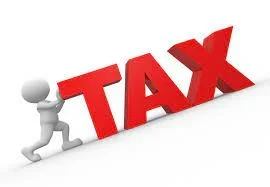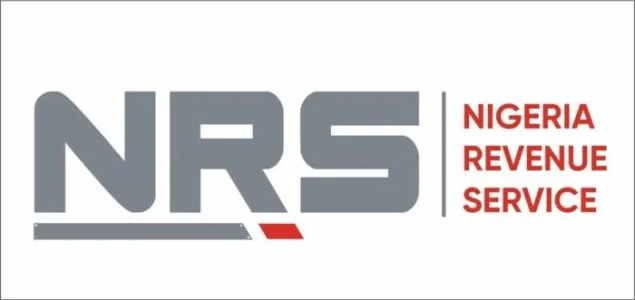
Minister of Finance Wale Edun announced that Nigeria has stopped using the "ways and means" method to finance government debt through the Central Bank. Edun also highlighted efforts to boost agriculture, reduce taxes on businesses, and support manufacturers with fiscal measures aimed at strengthening the economy.
Wale Edun, the Minister of Finance and Economy Coordinator, recently announced that the federal government has ceased borrowing from the Central Bank of Nigeria (CBN) through the "ways and means" financing method. This marks a shift in government policy, as Edun explained during the 2024 Access Corporate Forum themed "Nigeria’s Economic Rebirth: Hopes and Implications."
Previously, the government relied on CBN funding to cover budget deficits. However, Edun confirmed that this approach is no longer necessary, as the government is now focusing on establishing a world-class treasury and debt management system. He credited President Bola Tinubu for supporting this move, which is intended to improve financial discipline and stabilize the economy.
Edun also highlighted agricultural initiatives, noting that 360,000 farmers would be mobilized to cultivate 360,000 hectares of land. This project is expected to produce 1.4 million metric tonnes of essential crops like maize, wheat, and cassava, contributing to national food security.
Additionally, the government is preparing fiscal measures to support manufacturers and reduce the tax burden on businesses, aiming to streamline the number of taxes into a single-digit figure. Certain essential goods, such as food and pharmaceuticals, will be exempt from VAT, while taxes on luxury items are set to rise.
These strategies, according to Edun, are part of the broader economic reforms designed to promote sustainable growth and improve the country's financial management practices.




